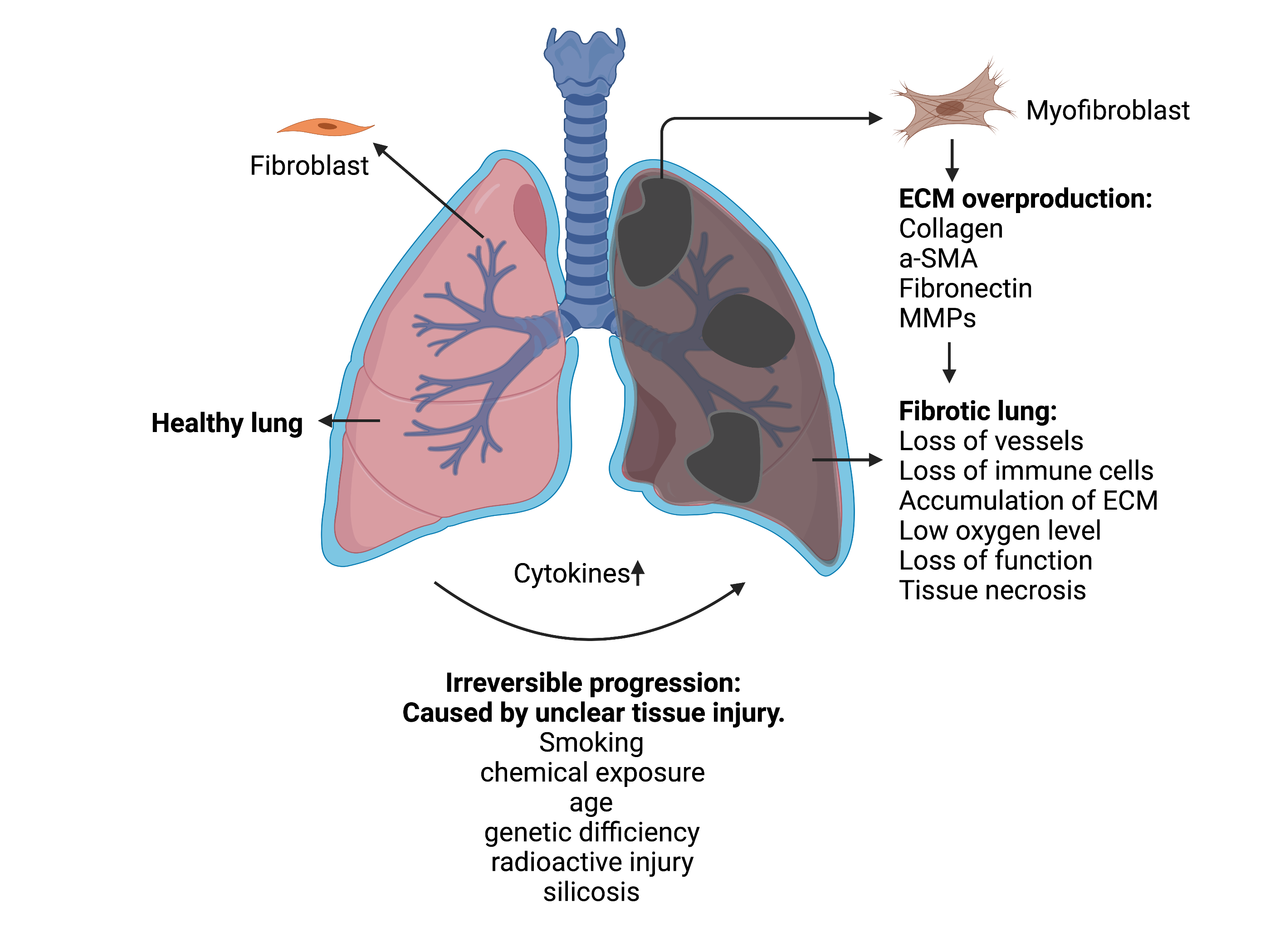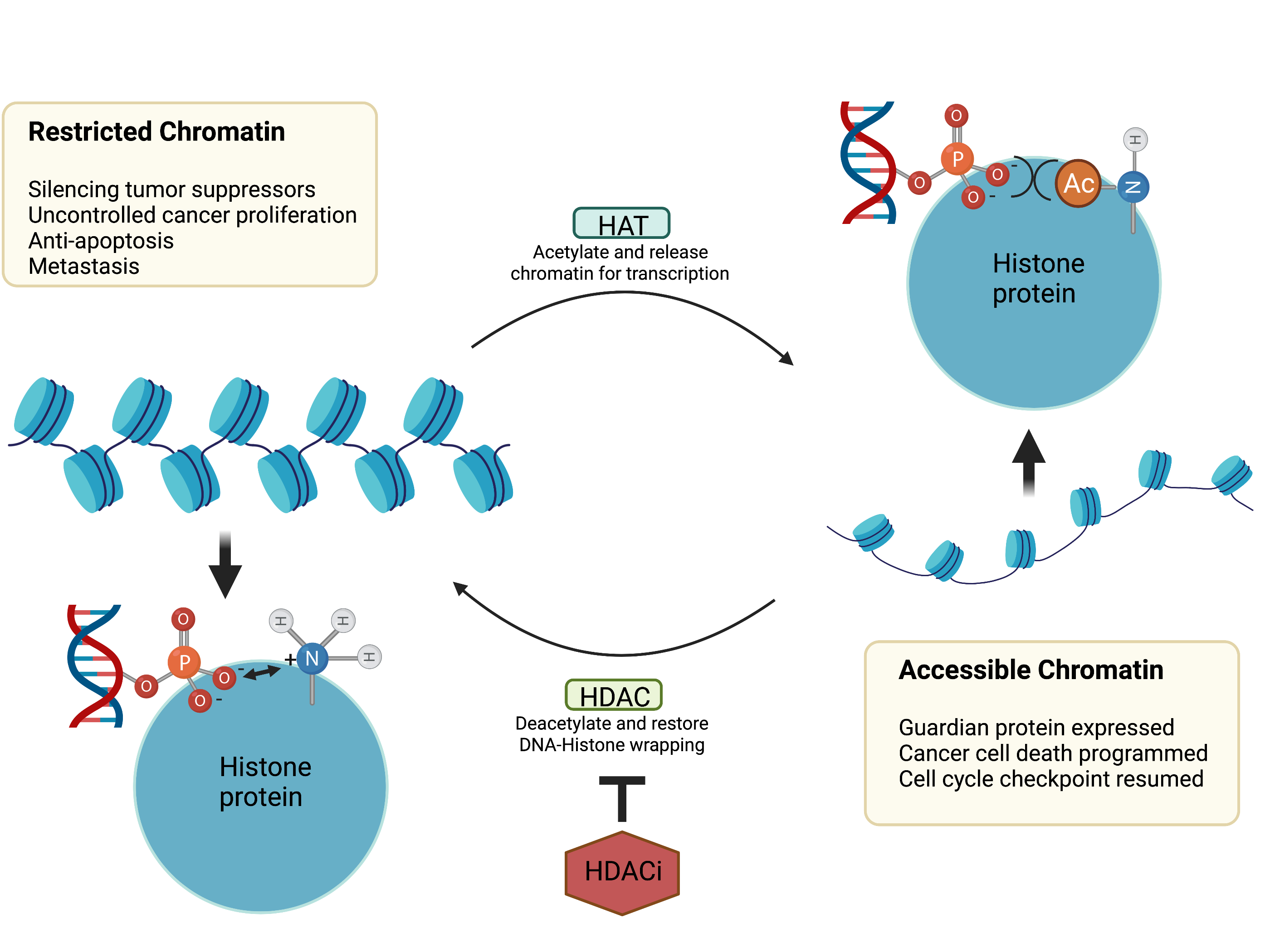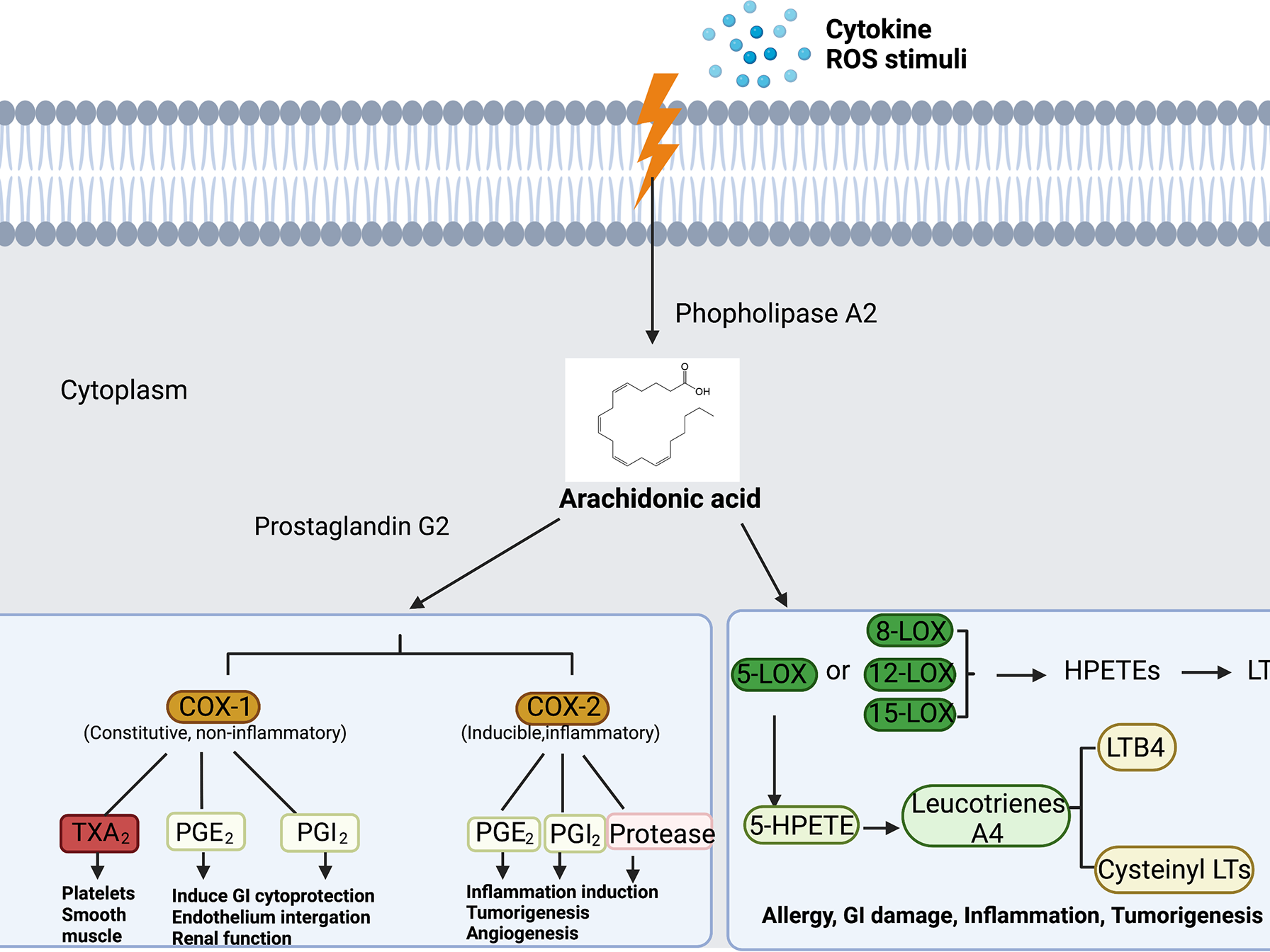Breast cancer is one of the leading cancer in the world. Triple Negative breast cancer (TNBC) is one of the most severe type of breast cancers. TNBC are highly dependent on STAT3 regulation.
Signal transducer and activator of transcription 3 (STAT3) is an oncogenic transcription factor which has been recognized as a promising cancer therapeutic target. Small molecule pyrimethamine (PYM) is a known direct inhibitor of activated STAT3 and it is currently under clinical trial. Also, histone deacetylase (HDAC) inhibition has been shown to indirectly attenuate STAT3 signaling through inhibition of STAT3 activation. Herein we described the design and biological profiling of two classes of PYM-conjugated HDAC inhibitors (HDACi). We observed that the class I PYM-HDACi compounds 12a-c potently inhibited HDACs 1 and 6 in cell free assays while a lead class II PYM-HDACi compound 23 showed a strong HDAC 6 selective inhibition. In a cell-based assay, 12a-c are preferentially cytotoxic to MDA-MB-231, a TNBC cell line that is highly STAT3-dependent, while 23 showed no such selective toxicity. Subsequent target validation studies revealed that a representative class I PYM-HDACi compound 12c elicited a signature of HDAC and STAT3 pathway inhibition intracellularly. Collectively, these data suggest that PYM-HDACi compounds are promising leads to develop targeted therapy for TNBC.
Background:
STAT3 is a pro-oncogenic transcription factor. Pyrimethamine (PYM) is a STAT3 inhibitor that suppresses the proliferation of some cancer cells through downregulation of STAT3 target proteins.
Methodology & Results:
We have used structure-based tools to design novel PYM-based compounds. Intracellular target validation studies revealed that representative compounds 11b–d and 15a downregulate STAT3 downstream proteins and inhibit STAT3 DNA binding domain (DBD). Relative to PYM, a cohort of these compounds are> 100-fold more cytotoxic to cancer cells with constitutively active (high pSTAT3) and basal (low pSTAT3) STAT3 signaling, suggesting that STAT3 DBD inhibition is deleterious to the proliferation of cancer cells with low and high pSTAT3 levels.
Conclusion:
These are promising leads for further preclinical evaluation as therapeutic agents for STAT3-dependent cancers.


